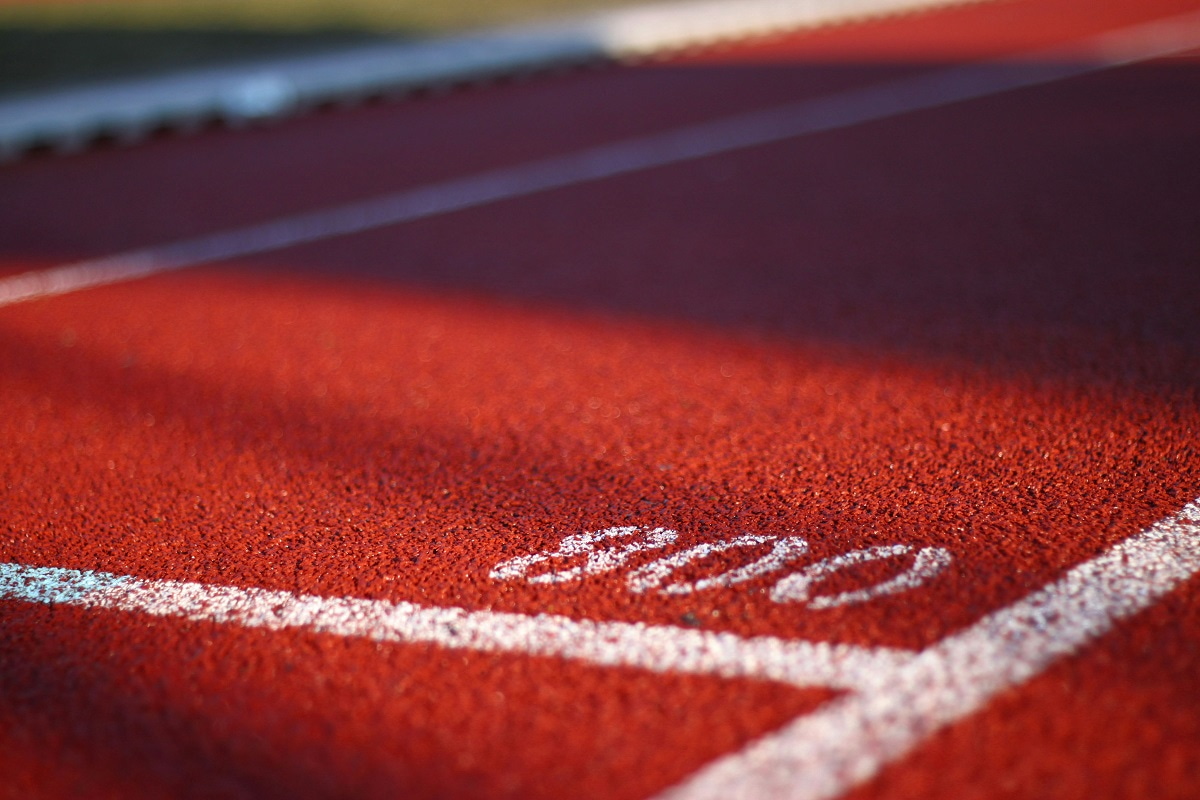As the world eagerly anticipates the 2024 Summer Olympics in Paris, the intersection of international politics and sport once again takes centre stage. The participation of so-called "rogue states” (or pariah states) in the Olympic Games has long been a contentious issue, with Russia's involvement being particularly controversial given its ongoing invasion of Ukraine.
Russia's troubled relations with the Olympics dates back to the 2014 Sochi Winter Games, where a state-sponsored doping program was uncovered. It was also around this time that Russia invaded and then annexed Crimea. The fallout from the doping scandal had far-reaching consequences, affecting the participation of Russian athletes in subsequent Olympic Games.
Russia’s full-scale invasion of Ukraine in February 2022 added another layer of complexity to its Olympic participation.
In 2016, the International Olympic Committee (IOC) allowed Russian athletes to compete in the Rio Olympics, but only if very strict conditions were met. Subsequently, the 2018 Winter Olympics in Pyeongchang also saw strictly vetted Russian athletes compete under the neutral Olympic flag as "Olympic Athletes from Russia". For the 2021 Tokyo Olympics and the 2022 Beijing Winter Olympics, Russian athletes participated under the name "Russian Olympic Committee" (ROC).
However, Russia’s full-scale invasion of Ukraine in February 2022 added another layer of complexity to its Olympic participation. The international sporting community widely condemned the invasion, with the IOC recommending that athletes from Russia be banned from events. The world’s football governing bodies FIFA and UEFA were quick to follow suit, banning all Russian teams from competitions. However, the two organisations lifted the ban on Russian youth teams in October 2023. Dozens of other international sports federations have also severed their ties with Russia and banned its national teams from participating in international competitions.
As the Paris Olympics approach, the debate over Russian participation remains heated. On 15 June, the IOC approved 14 athletes from Russia with neutral status to compete at this year’s Games, but the extent of Russia’s participation remains unknown. Russian athletes will not be allowed to participate in the opening ceremony, while the Russian anthem is also barred, replaced with music commissioned by the IOC. Medals won by Russian athletes will not be included on any table.

Ukraine has threatened to boycott the Games if Russian athletes are allowed to participate, even under a neutral flag. This puts the IOC in a difficult position, balancing political pressures with its goal of promoting peace through sport.
While Russia's situation has dominated headlines, it's not the only nation facing Olympic restrictions.
North Korea has also had its fair share of Olympic troubles. After not participating in the Tokyo 2020 Olympics due to Covid-19 concerns, the IOC suspended the North Korean Olympic Committee until the end of 2022 for its unilateral decision to withdraw from the Games. But North Korea is set to return this summer in Paris, with 14 athletes cleared for participation as of June.
The isolated nation's participation in international sporting events has often been seen as a rare opportunity for diplomatic engagement. The 2018 Winter Olympics in South Korea’s city of Pyeongchang, for example, set the foundation for a breakthrough in inter-Korean relations. The two Koreas also marched together in the opening ceremony of the 2000 Sydney Olympic Games, representing a historic moment of unity. With inter-Korean ties at a dangerous low point, however, this year’s Games are unlikely to bring North and South closer together.
The Olympic Charter promotes peace, solidarity, and fair play, emphasising that discrimination based on politics should have no place in the Olympic movement.
Besides Russia and North Korea, other states have also faced restrictions in participating in world sports events. Ever since the Taliban’s takeover of Afghanistan in 2021, there have been repeated calls for the country to be banned from participating in the Olympics due to the prohibition on women playing sport. The IOC stated earlier this month that a team consisting of three women and three men will be representing Afghanistan but that no Taliban officials will be allowed to attend the Games.
Iran has also faced scrutiny due to its policy prohibiting its athletes from competing against Israeli opponents. This has led to controversies in past sporting events, with Iranian athletes sometimes forfeiting matches to avoid facing Israeli competitors. There are also those calling for Iran to be banned from the Paris Olympics due to reported involvement in the Hamas attack against Israel last October, as well as in relation to its discriminatory policies against women and female athletes. Iran will, however, be participating in the Games this year, with 34 athletes having secured a spot so far.
There have also been calls for Israel to be barred from participating in this year’s Games. The president of the Palestinian Olympic Committee, protestors, certain groups, and other individuals around the world, and even some Israelis themselves have called for the country not to be allowed to take part in the Paris Olympics. There are also those who have strongly criticised the IOC for what they perceive to be double standards, banning Russia but allowing Israel to take part in the Olympics. Israel will also be participating in the Olympics this year, sending around 85 athletes – its second-largest Olympic delegation ever.
The controversy surrounding the participation of states with problematic political records in the Olympics highlights the tension between the Games' ideals and the complex realities of international politics. The Olympic Charter promotes peace, solidarity, and fair play, emphasising that discrimination based on politics should have no place in the Olympic movement. Others, however, argue that allowing such states to participate in the Games undermines the very values the Olympic movement aims to promote.
As the Paris 2024 Olympics approach, these debates are likely to intensify. Whatever the outcome, the 2024 Games will once again demonstrate the inextricable link between sport and global politics, challenging the notion of the Olympics as a purely athletic endeavour divorced from worldly concerns.

